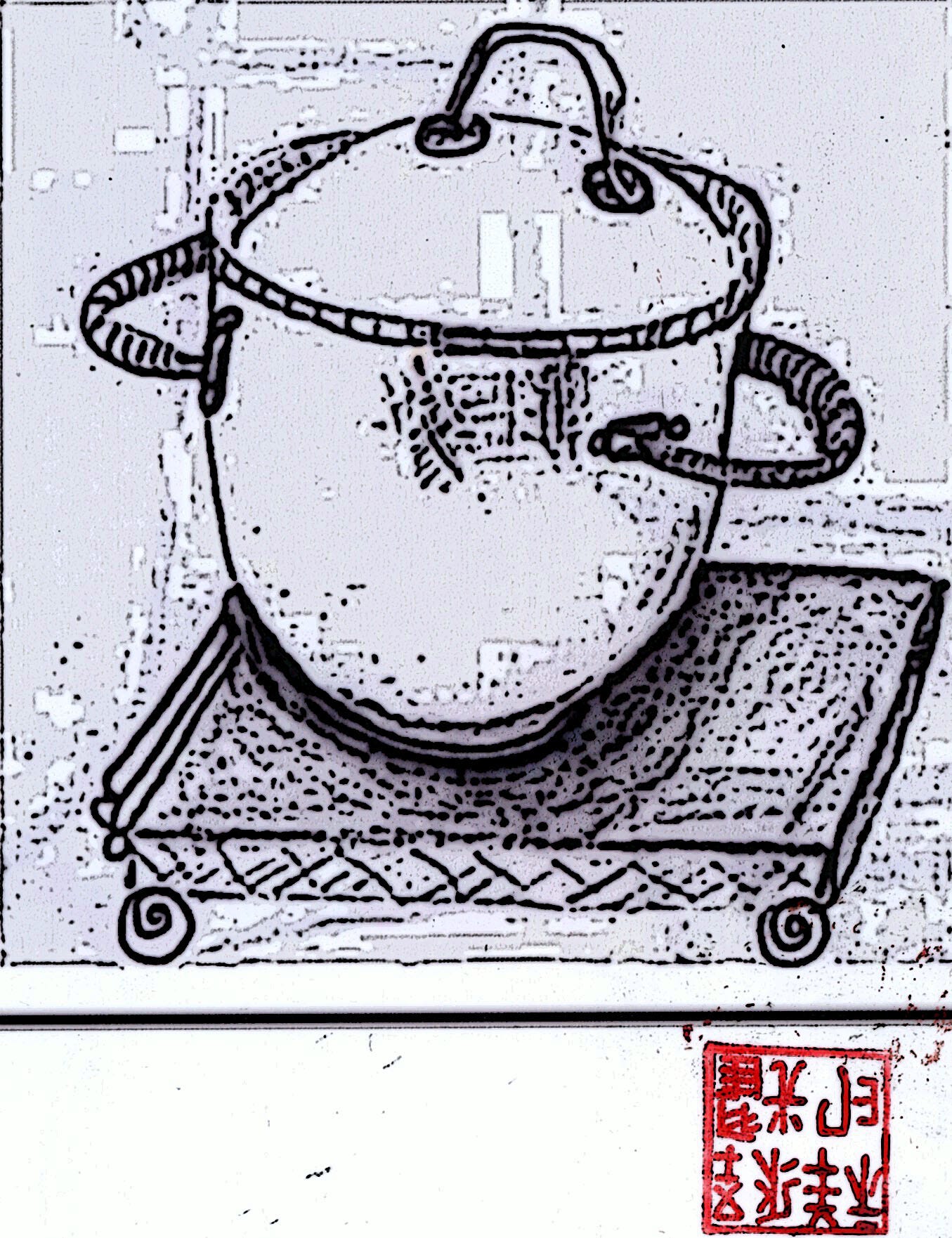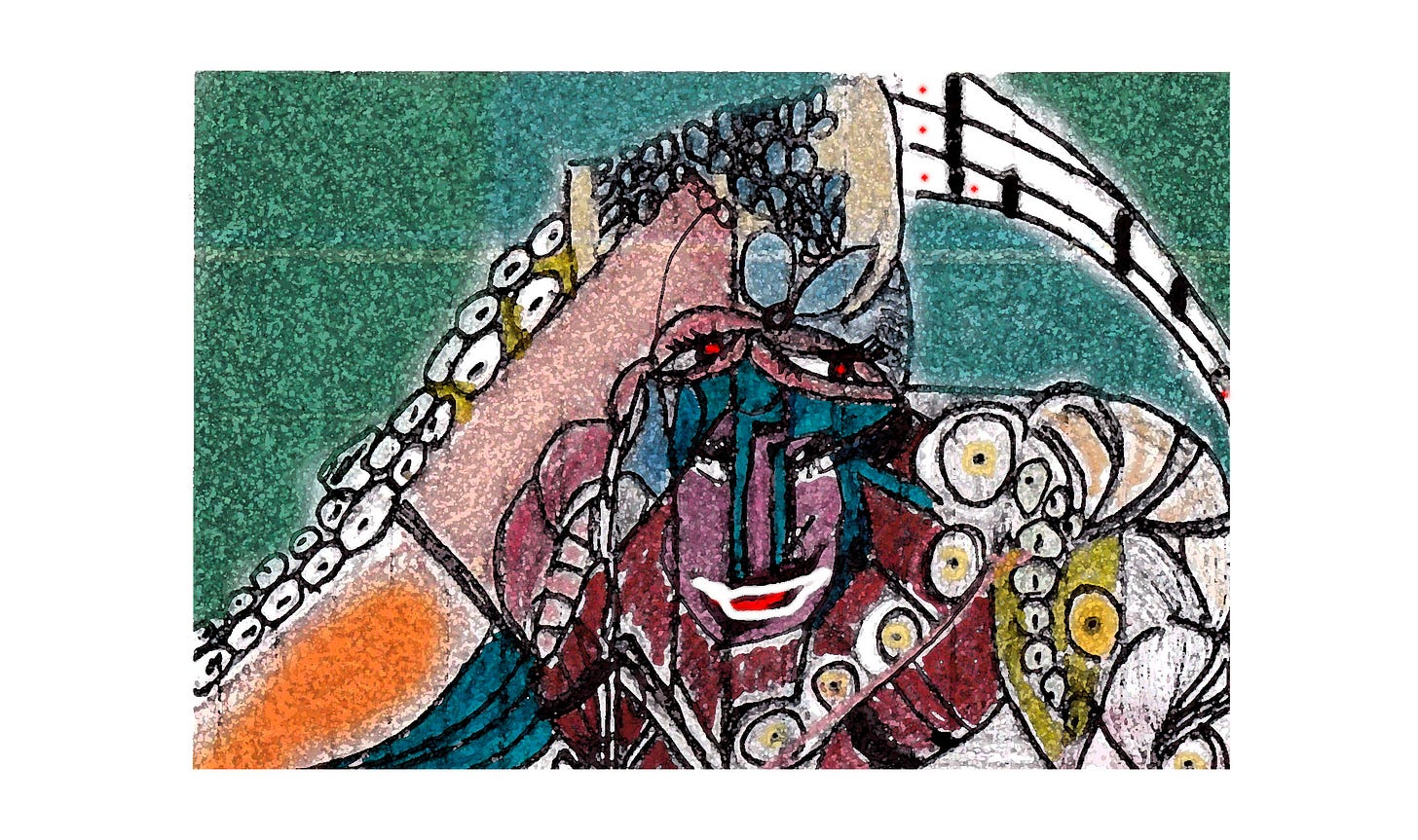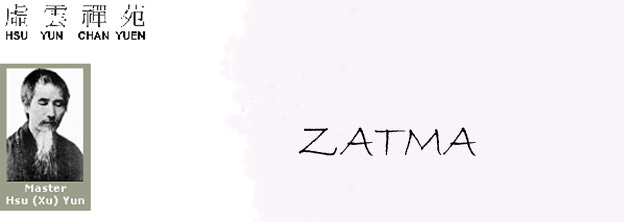A Contemplative Practice
Forget yourself. This takes time & effort.
To study yourself is to forget yourself. When you forget yourself all things are actualized. When actualized, we realize the True Nature of ALL things.
Contemplative Practice: A WAY TO FORGET YOURSELF.
The focus of the practice is contemplation. Contemplation is the practice of bringing together in good measure the teachings of the Dharma (truth, God-meaning) with the actions of our body, speech and mind through silence, solitude, stillness, study and meditation (prayer).
The basic demands are commitment of time, attention and effort to actualize the practice of silence, solitude, stillness, study and meditation.
These demands are simply set out and yet difficult to do. Each one of us will face different difficulties with commitment, time, attention, effort and following the teachings with body, speech and mind.
My encouragement is to follow the admonishment given to Cain:
If you do well, will you not be accepted? And if you do not do well, misery crouches at your door. The desire to slack off is after you, but you must rule over it.
Sometimes it does get the best of us and we do slack off. We must continuously work to keep trouble from getting in the door of our mind. When we fall victim to idleness, laziness and indolence we recognize it and without faulting anyone or anything we turn back to the practice. We get up and continue our practice.
Regret
The consequence of not doing our best is regret. Although regret may be forgiven, it causes unnecessary suffering in the heart. It is the ego-cherishing, ego-grasping, ego-absorbed opposition to ruling over the devilish desires to slack off. Don’t fall prey to it.
There is no recovering a time when we slip up, foul up and mess up from not doing our best. Regret leaves a stain which requires additional time to mourn, lament and takes away the possibility of a meditative state. If and when we grieve, we sit in sorrow, a damp suffering that prohibits concentration. Yet, we must remember all the sorrow and suffering will go away.
Confess
Confess. We repair as best we can and go on. We do our best not to attach to our errors, but use our energy to confess the errors, make amends and continue to practice. We don’t skip this step.
Delight and joy are necessary allies when we meditate. If we are afflicted with preoccupations when we sit, we will spend the time sitting wrestling with the affliction and not concentrated and absorbed in silence.
Zen
Zen, and particularly this practice, is a practice of letting go of the self-cherishing and ego-grasping identity of me. And this identity of me comes in a myriad of forms and shapes. It is important for us to remember even when we are uncertain the ego-self is a delusion.
The Work
In every which way, the work of Zen is with the relinquishment of ego-self delusion. We must come to terms with accepting responsibility and recognizing that the work is ours to do. No one is able to do the work for us.
The Precepts
The work of training with the precepts is where we begin. The precepts, when practiced, keep the mind from descending into regret and self-wallowing. If we fall victim to the devil of self-wallowing, the practice is to let go of this ego-self delusion. If we fall victim to self-pride, the practice is to let go of this delusion.
Any one of a multitude of mind devils may oppose us and hinder us. We need to keep in mind our foes are not made of flesh and bones, but are these ever invading inner self delusions.
Meditation is impossible when the mind is full of these devils. Buck up. We don’t let the reality of our situation defeat us, we let it soak into our being until the self delusion is seen for what it is.
Meditation, along with all the Zen practices, is not for naught; we begin where we are in the middle of our crazy beliefs and attachments to our self delusion.
Five Practices, Every Day
Silence, solitude, concentration, study and meditation are the five broad practices. We sometimes like lists thinking the list in itself will do the work for us. But we all know the disheartening feeling when nothing seems to be going as we thought.
We must be willing to reveal the hindrances of greed, hate, sloth, torpor, restlessness, worry and doubt in all the myriad shapes it shows up in.
We must make a commitment to do the work every day.
It is a daily commitment right in the middle of everyday life. There is no need for us to go off somewhere else.
We wash the dishes in silence, go for a walk alone, study the teachings, memorize what speaks to us, still the mind and meditate every day.
An elder said: The reason why we do not get anywhere is that we are not patient in carrying on the work we have begun. But without any labour at all we want to gain possession of virtue.
We must labor.
The Three Legged Stool
Good, good day to practice. Every day is a good day to practice. In every situation practice occurs. We practice every day taking our seat on the three-legged stool of stability of practice.
Common Knowledge
Everything is giving up and letting go. Most, if not all of us, know impermanence is a given, but few take it to heart. When we taste the truth of this law of nature we begin to feel an inexplicable urgency to practice. It is not enough to fill the mind with concepts of truth, but to actually know the joyful power of living it.
To know the concepts is a place to begin, but we must go beyond the conceptual. The truth must change us from the inside out. This actualizing truth applies to the precepts. It is not enough to know the list of precepts; we must go beyond the conceptual. The precepts must change us from the inside out. The precepts are a practice, a daily, active practice in the five activities of silence, solitude, concentration, study and meditation.
The Precepts- One Leg of Our Seat
Most of us know and follow some moral code to some degree.
The Precepts, however, are not a set of moral laws with an accompanying reward and punishment rule. They are noble and honorable ways of making decisions on how to live with an associated effect on the mind and on others.
They are a set of principles that represent one of the legs of the three-legged stool in the silly little icon of the Love Affair. As we might imagine if we remove one of the legs of the stool, the sweet, little dolled up lady and the monk topple over onto the floor. It’s a picture of what happens to the mind when we fail to include the precepts in our religious, spiritual efforts. The mind topples over. We get agitated. We are afflicted. The love affair fails. We fall off of practice.
Of course the other two legs are just as important and bring about the same instability. If we remove any one of the three legs, the precepts (sila) concentrated meditation (samadhi) and wisdom (prajna) we fall off the stool. We lose our seat. We lose the Way.
It is obvious from the little icon that we need to include all three legs, the precepts, concentrated meditation and wisdom in a life that includes silence, solitude, concentration, study and meditation.
Furthermore, it is generally considered a sequential approach, that is, we build the stable stool of practice with the leg of the precepts, followed by the leg of concentrated meditation followed by the development of wisdom in a life that includes silence, solitude, concentration, study and meditation.
Willingness to Fall Down and Get Up
The practice is one of continuously stopping and dropping and falling down and getting up. We need to be willing to practice stopping the harm we do and dropping the mind habits that support our harmful actions. We need to be willing to fall down and get back up with the precepts in a life that includes silence, solitude, concentration study and meditation.
Stop the Thief
We stop the thief when we stop fixing up and polishing the self delusion. We stop seeking fulfillment of the self delusion. We drop our wishes. We do it over and over again not as a preparation to get anything but to be ready; to be ready to meet what shows up every day without entanglement with suffering.
The Trials of Diminishing Volition
Everyone loses steam. The mind becomes shaky and begins to doubt and fills with ego-grasping, and ego-absorbed feelings. These are the opponents in the mind...and it usually goes by the nickname "me." ME wants to go and do what it is used to doing...it longs for comfort and pleasure. It will sign up for spiritual practice but Nah it didn't really intend to study, to practice silence, solitude, sitting and since we haven't actually started the precepts it can't take any responsibility for them.
This is a common problem. And there are a couple of things we can do.
Give our self a pep talk and continue to practice.
If we are up to it, this is an excellent place to see how the ego called ME keeps us from the high bird of practice. We have to realize that all our niggling, wiggling thoughts and feelings are ways the opponent takes us off course. We make excuses.
When we can study our thoughts we begin to see that we think what we think is true, whatever the story, and when we think it is true, we buy into it and BAM! we wobble and get listless, agitated or afflicted in some way.
This scuffle is just a sophisticated disguise of ME luring us away. ME is craving something or other and moves us away by telling us some story. What really happened is that the thief broke in and we've been robbed.
When we can see this theft, then a little gap forms and we can breathe through it and keep going.
Don’t give up. Keep going.
OM
🙏
Thanks for reading The Fundamental Point ! Subscribe for free to receive new posts.
Genesis 4:7 where God speaks to Cain
Desert Fathers: XXVI, de Waal, Seeking God, The Liturgical Press, 1984, 2001.






